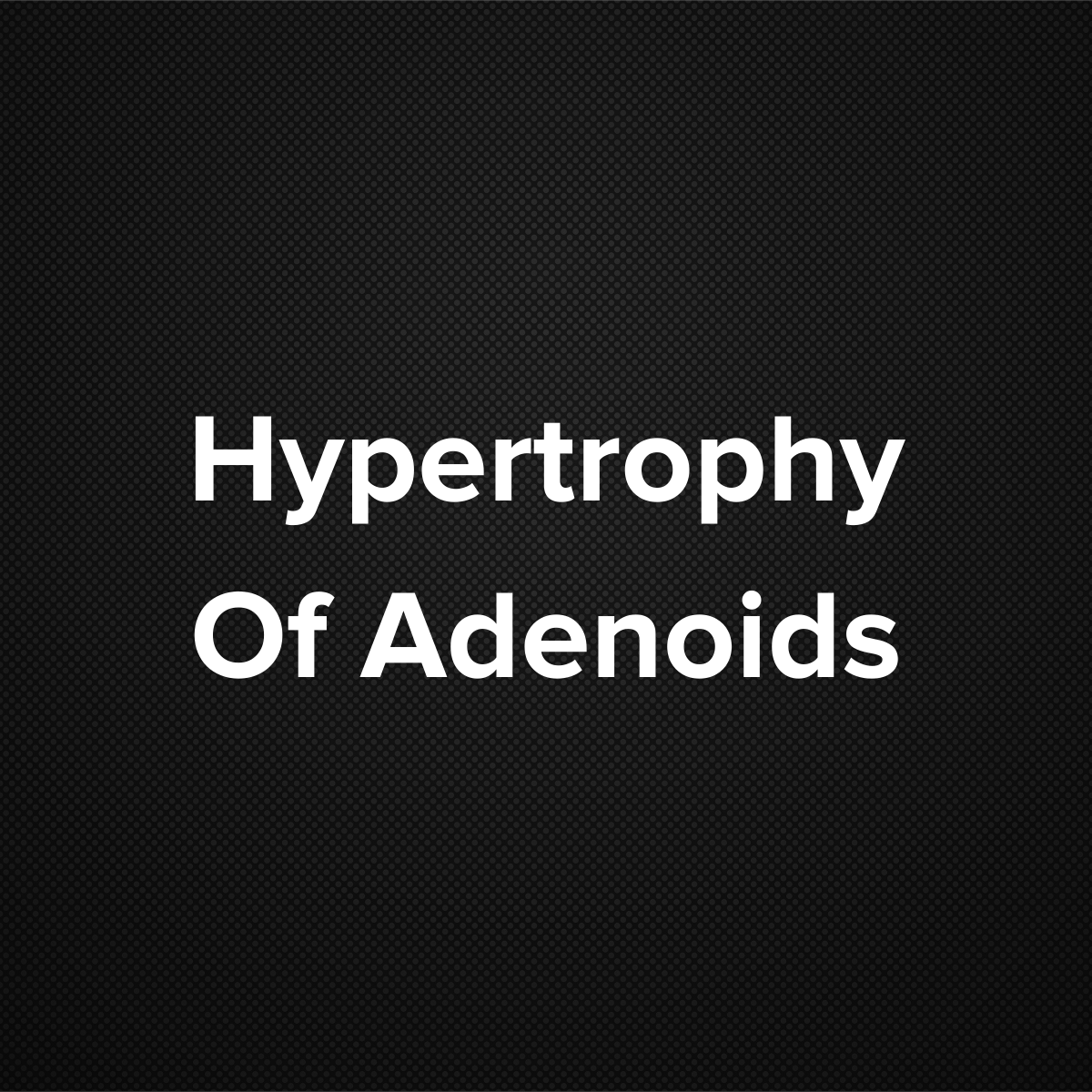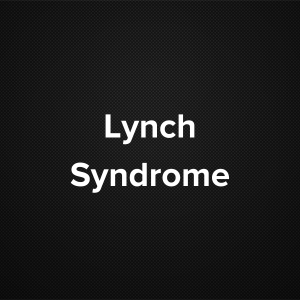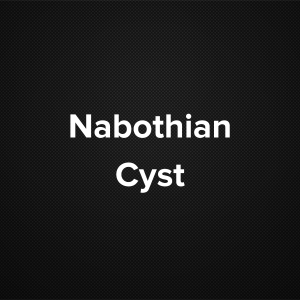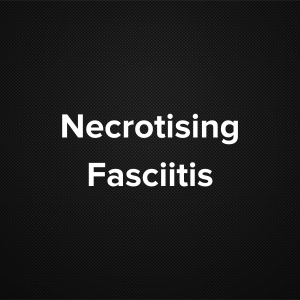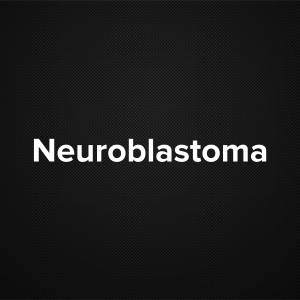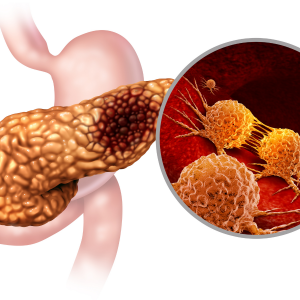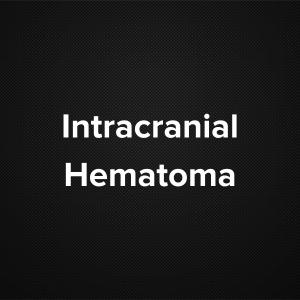Causes and risk factors
It occurs between the ages of 3 to 8 years. Enlargement of adenoids is physiological, but it is troublesome when it causes symptoms. Adenoids enlarge naturally or it can be caused by chronic inflammation. Enlarged adenoids can also be caused by allergies.
Clinical presentation
Patient presents with nasal obstruction. This leads to mouth breathing, snoring, and drooling of saliva. It causes difficulty in eating. Adenoid facies develop gradually which involves chronic nasal discharge, pinched nose; mouth remains open most of the time, teeth become protruding, irregular, and crowded; cracked lips and dry mouth occurs. Intermittent sleep apnea occurs. High arched palate develops. The face becomes expressionless. Associated signs and symptoms include flattening of chest, voice becomes flat and toneless. There can be middle ear obstruction leading to otitis media or otorrhea leading to deafness. Additional symptoms such as recurrent URTI, sinusitis, rhinitis, pharyngitis, tonsillitis, cough, lymphadenitis, and bronchial asthma may occur. Due to suffocation, the child gets night terrors or nocturnal enuresis. Mental backwardness may occur due to deafness.
Investigation
Medical history by the patient and clinical examination by the doctor helps in diagnosis. Posterior rhinoscopy is advised. Nasal endoscopy is required. Imaging studies such as x-ray of lateral view of nasopharynx may be useful.
Treatment
Conservative treatment includes antibiotics to treat inflammation. Decongestants are prescribed. General improvement in health and hygiene is required. Breathing exercises will also help in managing the condition. Surgical treatment involves adenoidectomy. Antral lavage may be required for recurrent sinusitis which contributes further to the treatment.
Other Modes of treatment
The other modes of treatment can also be effective in treating hypertrophy of adenoids. Homoeopathy is a science which deals with individualization and considers a person in a holistic way. This science can be helpful in combating the symptoms. Similarly, the Ayurvedic system of medicine which uses herbal medicines and synthetic derivates is also found to be effective in treating hypertrophy of adenoids.
